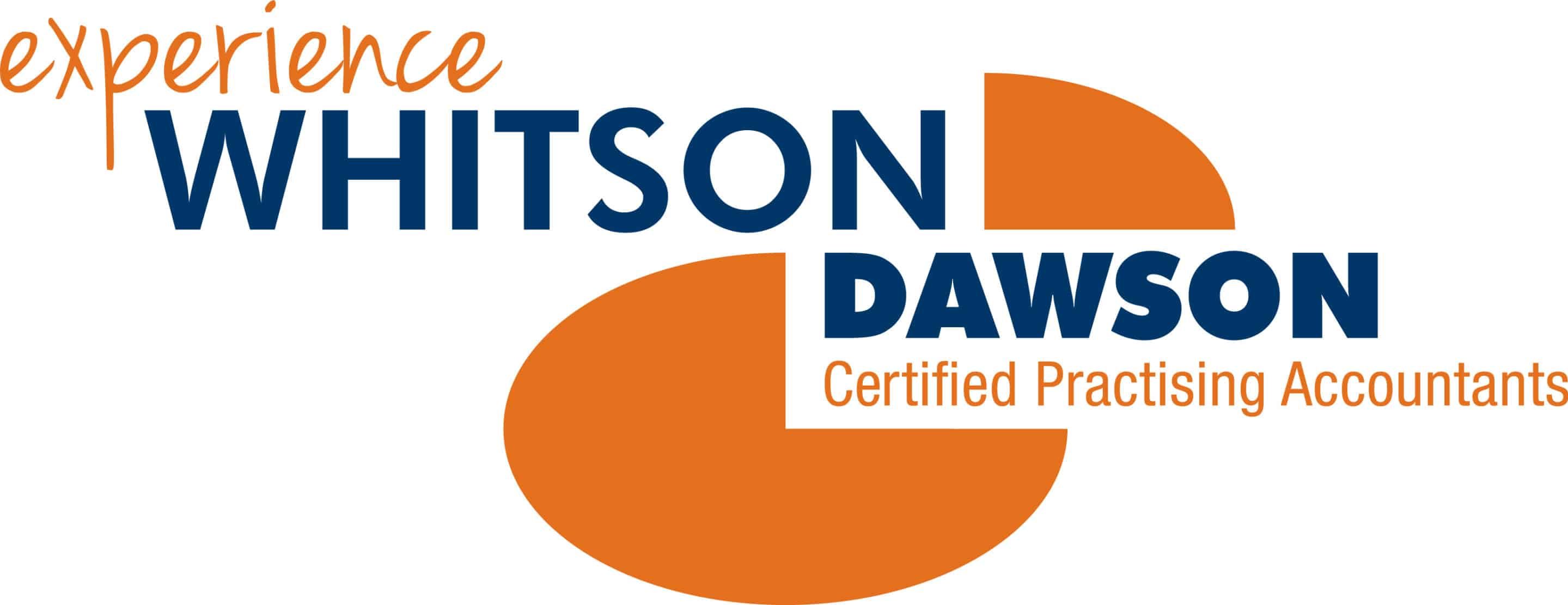How to afford the minimum wage increase as a small business owner
Are you a business owner struggling to keep up with ever-changing rules and legislations?
We get it, you’re already busy enough right? You’ve got a new role to fill, your investment plans are on hold and your marketing team have just told you it’s time to start a TikTok account…
Amongst all of that you’ve heard the minimum wage is on the rise (not to mention an increase of 0.5% to the Super guarantee) and all of a sudden you question whether you even know what’s going on in the world of small business.
Take a deep breath – you’ve come to the right place.
Yes, Australia’s national minimum wage has increased by 2.5% going into the 2021-2022 financial year and it’s vital you know your obligations as a business owner to avoid hefty fines.
So, what does the minimum wage increase mean for you?
The Basics
- All full-time, award-free adult employees must receive a minimum of $20.33 per hour, or $772.60 per week, from the first full pay period on or after 1st July 2021.
- This minimum wage applies to the ‘ordinary’ working hours in Australia based on a 38-hour working week.
- The different award minimum wages may be higher than the national minimum wage.
- Even if your employee agrees to be paid less than their applicable minimum wage, you are legally obliged to pay them the minimum amount.
- If you are a business covered by an enterprise agreement or employment contract, the award minimum wage can still apply. If your enterprise agreement adopts the national wage case decision, then the minimum rates under those agreements need to be increased by 2.5%. Any agreement that specifies a set percentage increase in July will need to be adjusted to at least 2.5%.
- Some private businesses (like sole traders) may not be covered by the Fair Work Act.
If you are unsure whether the above changes will apply to your business, our friendly team would be more than happy to clarify.
When will the wage increase come into effect?
Most businesses will begin paying the new minimum wage from the first pay run after July 1,2021. Those under General Retail Industry Awards will commence from September 1, 2021 and a further list of awards will begin from November 1, 2021; these can be found at
https://www.fairwork.gov.au/about-us/news-and-media-releases/website-news/annual-wage-review-2021
Penalty Rates and Allowances
Unsure whether you should be paying your employees more for weekend work or overtime?
In short, the answer is yes, but the exact rate to be applied is outlined by the relevant industrial award.
To take away the guesswork, we’ve summed up the key points you need to be aware of when paying allowances and penalty rates:
- Most modern awards or enterprise agreements will require an employer to pay at least time and a half (150%) for Saturday work and double time (200%) on Sunday.
- Most modern awards or enterprise agreements require employers to pay their staff extra if they perform certain tasks, have a unique skill, use their own tools and equipment or work in harsh or dangerous conditions.
- Meal allowances may be applicable to employees when working overtime.
- Employees may be entitled to various allowances as well.
How to manage the wage increase
Increasing your employees’ wages may seem daunting, especially when you are trying to cut business expenses and maximise profits.
So where does this extra coin come from?
We suggest analysing your current expenses to determine whether there are any areas you can save money.
Reduce Overtime: Consider reducing overtime by ensuring employees are only rostered during the ordinary span of hours. While this may not always be possible, being mindful of how many productive overtime hours are worked could result in big savings.
Staff Training: Consider training your employees to be more productive. While some training courses can be costly, there are many ways to upskill your employees for free. If your staff are more efficient at their duties, you may find outsourcing jobs is no longer a necessity and the number of staff you need to perform certain tasks actually lessens.
Reduce Stock: Consider reducing your number of products and promotions to avoid ending up with extra stock that you cannot sell.
There are many grants available for businesses that could assist with an increase in expenses like wages, the list of the grants available can be found at https://www.business.qld.gov.au/starting-business/advice-support/grants
If you need some advice on how best to manage a wage increase or general advice on reducing your expenses, speak to a member of our team.
Specialising in payroll, the various awards and statutory requirements, you can rest assured our team will assist your business through this difficult period and help you avoid any unnecessary fines or expenses!
Give us a call on (07) 4957 2985 or email business@whitsondawson.com.au
Remember, managing your finances doesn’t have to be stressful!
Until next time,







Recent Comments